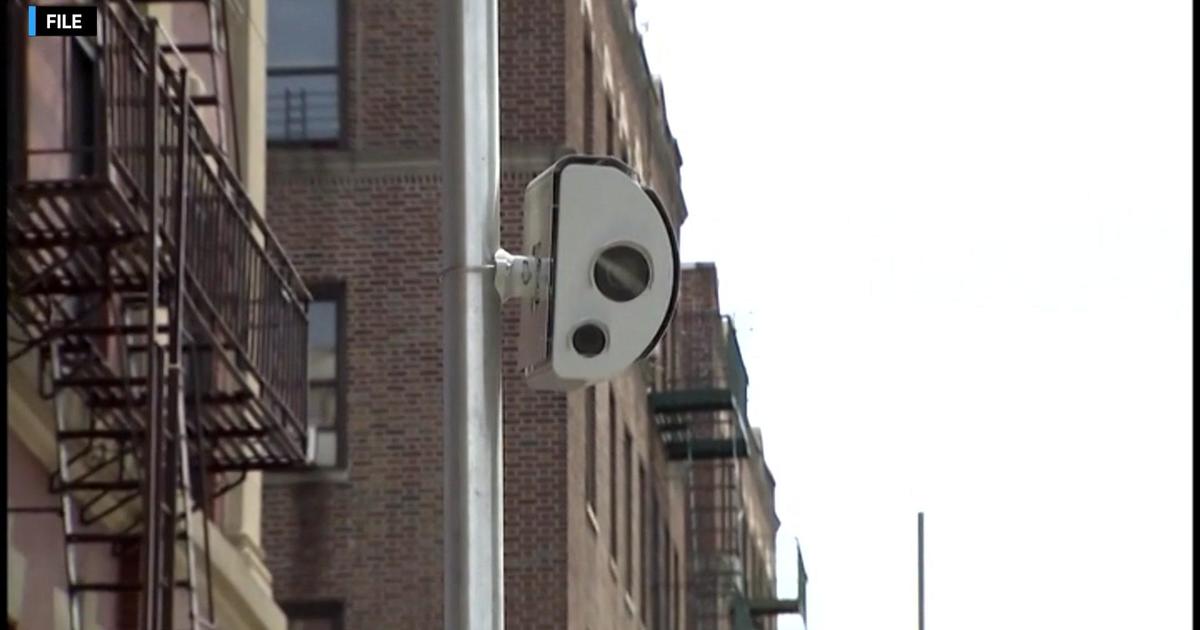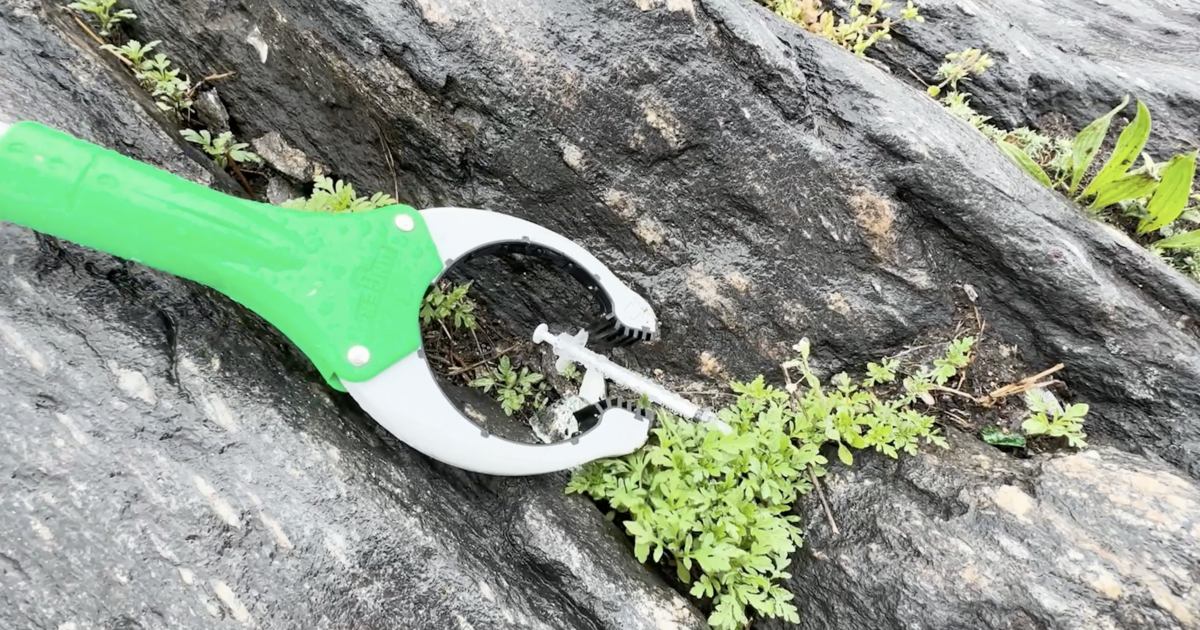NYC Parks Seeing Rash Of Poison Ivy Cases This Summer
NEW YORK (CBSNewYork) -- As many as 50 million Americans each year get rashes from poison ivy, poison oak and poison sumac.
As CBS 2's Dave Carlin reported, it is the most common allergic reaction in the United States, and right now is its high season -- and in New York City parks too.
John Hyland, of Staten Island, noted that poison ivy is close enough to touch from the trails of city parks.
"This is poison ivy on the tree here, and that's poison oak on the floor," he said as he pointed out the meddlesome plants. "I've never seen it this much in the park," he said.
At Clove Lake Park on Staten Island, poison ivy was so high that it was at eye level with joggers, making it easy to brush up against.
"It's horrible," said Susan Scharff, of Westerleigh, Staten Island.
Schraff said she has paid a painful price for encountering poison ivy in the past.
"I had to go on steroids and everything else to get rid of it," she said. "It was really bad."
Another man also ran into poison ivy and didn't even realize it at first.
"My wife said, 'What's that on your arms and legs?' and it wound up being poison ivy," he said.
Recent poison ivy sightings have included right near sidewalks and over in parks. It is the responsibility of the city Department of Parks and Recreation to rid those areas of it.
But it is not a simple task. Poison ivy must come out, roots and all, and it cannot be burned.
"Parks has paid particularly close attention to areas where people could come in contact with the ivy, and have cut it back and applied herbicide," Parks Department spokeswoman Meghan Lalor said in statement. "We will continue to address as necessary."
But they can never get it all.
Hagen said it's crucial that everyone knows what poison ivy looks like. He noted that it usually has three leaves, and the center leaf has a slightly longer stem.
There have been recent poison ivy sightings in the city along sidewalks and in playgrounds. It is the city Department of Parks and Recreation's responsibility to rid those areas of it.
"You can really spread it, and that's what's really nasty," CBS 2's Dr. Gomez said.
Dr. Gomez said you should:
• Wash your hands after gardening or hiking
• Take a shower, instead of a bath
• If you do get a rash from poison ivy, never scratch it.
"If it seems to be getting better and it's stable, then you're probably OK; you can use over-the-counter medications," Dr. Gomez said. "If it's spreading, or if it's showing up around your face; your eyes, you should probably see a doctor because you may need stronger medication."
Poison ivy is harmful year round. It is green in the summer, turning brown in the winter. In the spring, it is green and may include red leaflets.
You May Also Be Interested In These Stories



